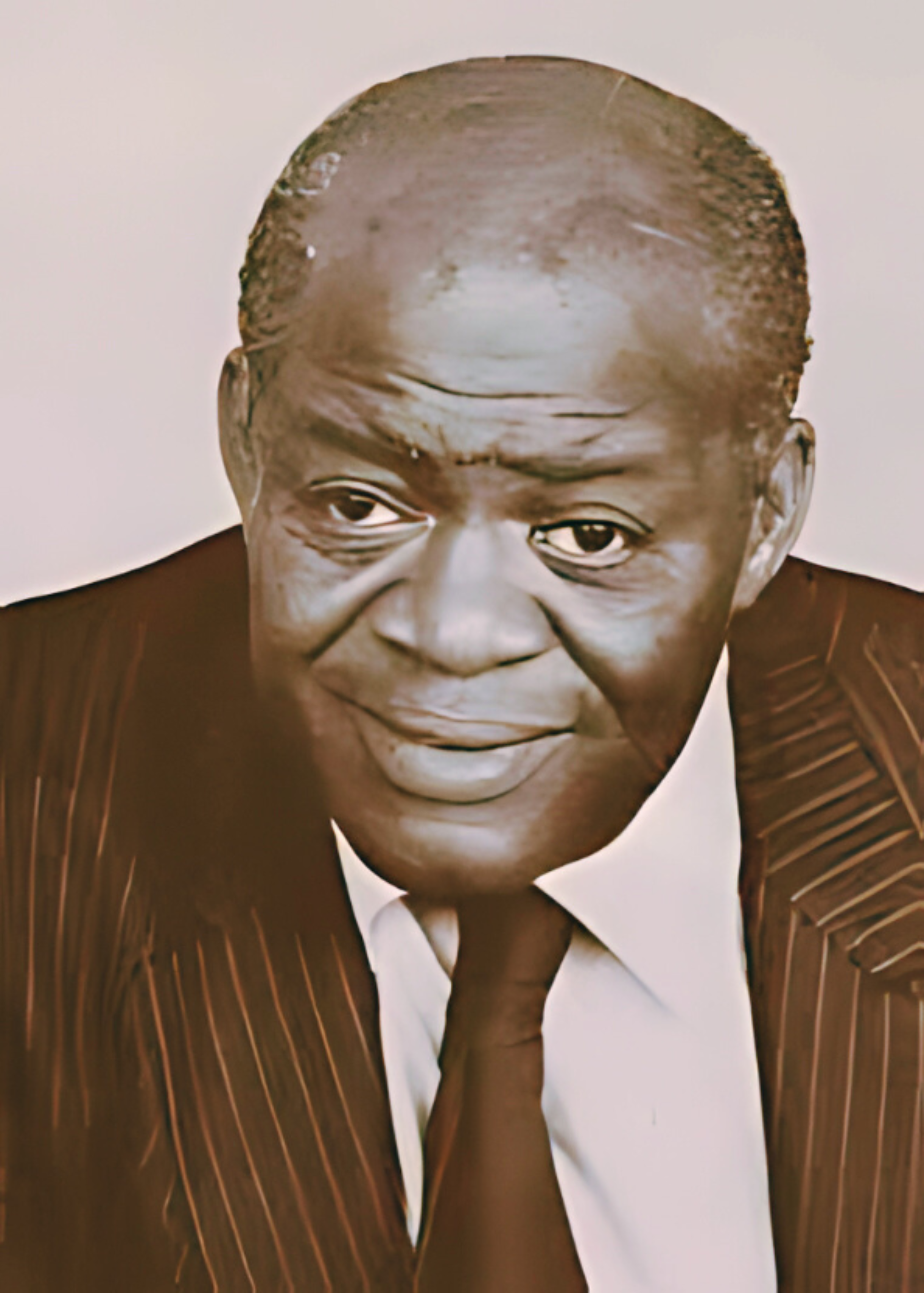by Henry Winston
Urgently Required Solution
The Open Letter states:
“A society in which the natural resources, accumulated forces of production and creative energies of the people are at the services of the people’s needs—a socialist society—has been the dream of the most advanced thinkers of every important social movement in the country’s history: the abolitionists, the first organizers of trade unions, the leaders of the early movements for women’s rights, and many others. Today fulfillment of that dream is on the current agenda of history—the crisis of the system has thrown it forward as the urgently required solution to the immediate problems of daily life.
Nonetheless, we activists and organizers and everyone concerned for the present and future must face a harsh truth: a socialist solution to the crisis of American capitalism and imperialism is not the immediately inevitable alternative.”1
The reference of the Open Letter to the “abolitionists” and “the first organizers of trade unions” is apt indeed because these “most advanced thinkers” of their time, influenced by Frederick Douglass and Karl Marx, recognized that the “urgently required solution to the crisis” of their time—slavery—depended on the widest possible realignment of forces within a strategy to break the slave power’s domination of national government. But the Open Letter fails to make the connection between this historic experience and the “urgently required solution to the crisis” today.
Bypassed by the Open Letter is today’s historic necessity to link the future abolition of capitalist wage slavery with the immediate strategic imperative of building a people’s alternative to monopoly domination through its two-party system. This alternative—a mass party based on the leadership of the multi-racial working class within the framework of a great anti-monopoly formation—is the only strategic alternative to racism, repression, poverty and war; it is the strategy for linking the fight for the “urgently required solution to the immediate problems of daily life” with the fight for the future revolutionary transition to socialism. However, the Open Letter appears unable to distinguish between immediate and ultimate goals for its projected mass party, and does in fact change its mind as to which is which from one page to another.
For instance, on page 2, the Open Letter states, “a socialist solution to the crisis of American capitalism and imperialism is not the immediately inevitable alternative.” But, two pages later, the Open Letter asserts that its proposed mass party would have as its “fundamental program for this era the transfer of power from the capitalist state and the corporations to the people.” Since this “transfer of power” is not the “immediately inevitable alternative,” how would it take place? By conjuring into existence through an impossible act of voluntarism a new “historical bloc” to make a “great leap forward”?
Apparently so, because the Open Letter goes on to assert that “the taking of political, economic and social control is a serious and realistic objective … we are organizing now the political instrumentality to reach this goal.”2 And, clearly, this “political instrumentality” is one that would substitute Roger Garaudy’s “historical bloc” for a strategy of working-class leadership of a wide movement against monopoly. The Open Letter’s concept of a “political instrumentality” is based on a revision of Marxist-Leninist ideas of the role of the working class, particularly basic production workers, in the struggle around immediate issues and for the goal of scientific socialism. This concept accounts for the Open Letter’s ambiguity regarding immediate and ultimate goals, and thus diverts from both—since ultimate goals will be won from struggle developing out of immediate issues within an anti-monopoly strategy. The Open Letter’s ambiguity is reflected not only in its swing from questioning whether socialism is an “immediately inevitable alternative” to projecting an “immediate” outlook for “transfer of power,” i.e., making the transition to socialism.
The Open Letter’s ambiguity is also revealed in its projection of another “immediate alternative”: “In their desperate efforts to retain control, those in power will undoubtedly turn to the classic last resort of 20th century capitalism, the attempt to impose a relatively open terrorist dictatorship …”3 Therefore, according to this document, the “immediately inevitable alternative” is either socialism or fascism.
But the “alternative” is not fascism or socialism. Today’s alternative is either fascism or democracy. The false choice posed by the Open Letter, reflecting a fatalist acceptance of the “inevitability” of fascism, also flows from its adoption of Garaudy’s concept of a “new historic bloc,” which diverts from an anti-monopoly strategy. What is required to fight every step that could lead to fascism and war is a great new anti-monopoly formation headed by the working class, the only strategy to advance the struggle for “transfer of power.”
1 An Open Letter to Activists and Organizers of the Present and Past on the Need for a Mass Party of the People; National Interim Committee for a Mass Party of the People: New York, 1972, p. 2.
2 Ibid., p. 6.
3 Ibid., p. 8.

